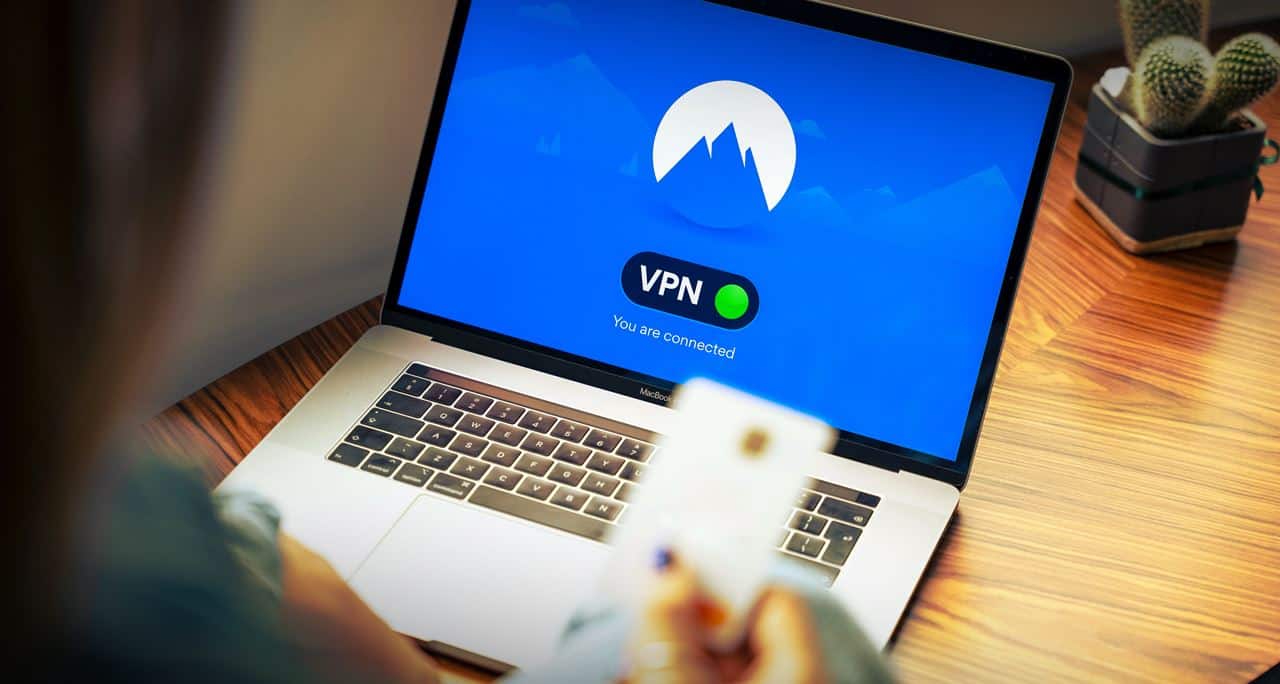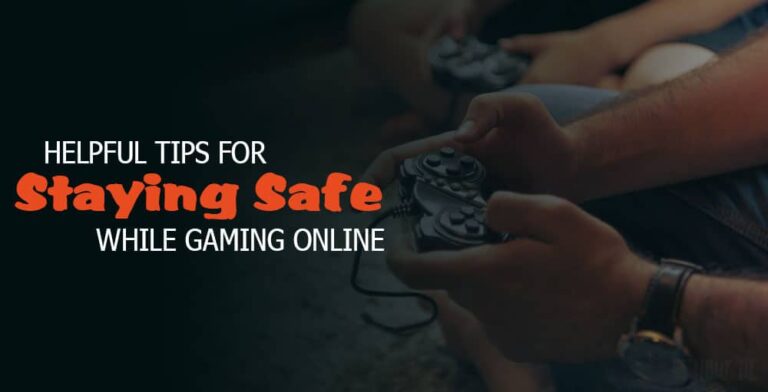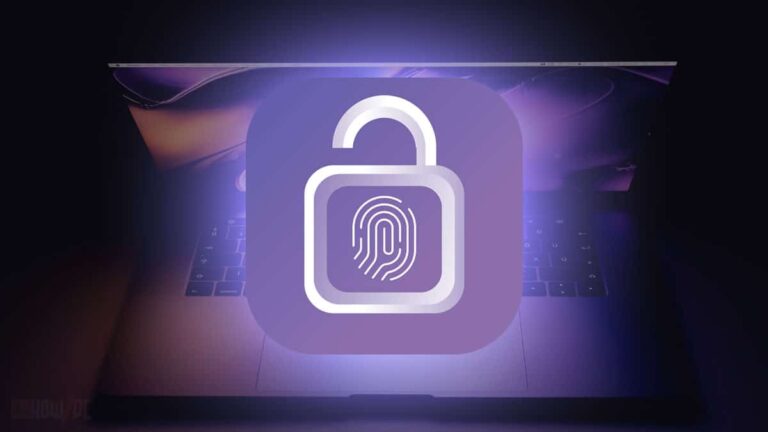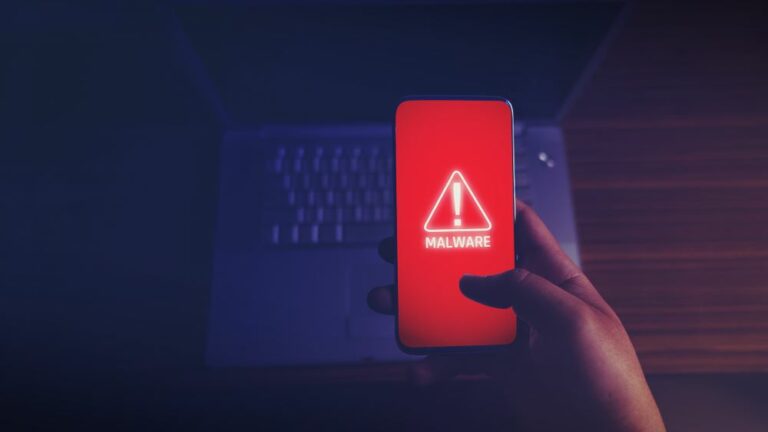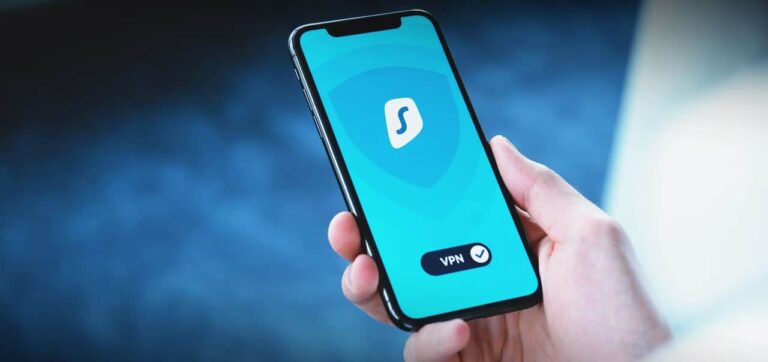Online privacy has become a topic of paramount importance in today’s digital age. Given the growing prevalence of cyber threats, taking appropriate measures to protect your confidential data and private information when connected to the internet is essential.
One popular method for ensuring enhanced security online is using virtual Private Networks (VPNs). VPNs provide users with an extra layer of protection against malicious actors aiming to access unsecured networks or gain unauthorized access to sensitive information.
This blog post will discuss how to use VPNs for ultimate protection and peace of mind while browsing the web. By taking advantage of the features provided by these services, you can enjoy secure access from any location without compromising on comfort or convenience!
Understanding VPN Technology
A Virtual Private Network, more commonly called a VPN, is a powerful tool designed to encrypt your internet connection, providing a secure ‘tunnel’ within which your data travels across the web.
The primary function of a VPN is to ensure that your data, from the websites you visit to your personal information, remains private and secure. It does this by shielding your IP address, making your online actions virtually untraceable. With the advent of VPN technology, internet users can browse with confidence, knowing that their online privacy is protected to the highest standard.
Why Should You Use a VPN?
Using a VPN is akin to having your private, secure corridor in the vast expanse of the internet. The benefits of using a VPN extend well beyond privacy and security. First, a VPN allows for safe access to unrestricted internet. This is especially useful in regions where certain websites or services are blocked due to geo-restrictions.
Second, VPNs can help prevent bandwidth throttling. Internet Service Providers (ISPs) are known to slow down connections when they detect certain activities like streaming or gaming. By masking your browsing activity, VPN prevents ISPs from throttling your connection.
Lastly, VPNs provide enhanced security when using public Wi-Fi. Public Wi-Fi networks are notorious for lacking security, making them a favorite hunting ground for hackers. Using a VPN, your data is encrypted, making it unreadable to anyone who might intercept it. Thus, using a VPN gives you a priceless gift – the assurance of online safety.
Securing Your Online Activity
One of the most prominent uses of a VPN is in online gaming, particularly online games. Your security is crucial as a player, especially when participating in online betting or transactions. A VPN provides a much-needed shield, protecting your details, bank information, and gaming history from potential threats. This cannot be overstated in casino games, where the stakes and security are paramount.
With a VPN, you can confidently engage in your favorite blackjack games, knowing your actions are untraceable and your private information remains secure. In addition, a VPN can also give you access to games that may be restricted in your location, offering you the freedom to play without geographical boundaries. Remember, enjoying the game while maintaining a safe and secure online environment is the ultimate goal.
How to Choose a Reliable VPN Service?
Selecting a reliable VPN service is integral to achieving maximum online security. Here are a few criteria you should consider:
Understand Your VPN Needs
First, it’s vital to identify your needs. Are you looking to bypass geo-restrictions, enhance security on public Wi-Fi, or improve your online gaming experience? Your specific needs will determine which VPN features are most important to you.
Consider the VPN’s Security Features
The primary purpose of a VPN is to safeguard your online activities. Therefore, check if the VPN service offers advanced security features like AES-256 encryption, kill switch, and DNS leak protection.
Check the Server Locations
Server locations directly impact your VPN’s performance and the ability to bypass geo-restrictions. Opt for a VPN service with a diverse range of server locations.
Examine the Privacy Policy
A credible VPN provider should have a strict no-logs policy, ensuring that they do not store records of your online activities.
Evaluate the VPN’s Speed
A good VPN should offer a balance between security and speed. Look for VPNs known for their fast connection speeds to avoid lag or buffering while streaming or gaming.
Assess Customer Support
Choose a VPN that offers excellent customer support. Reliable support ensures that any issues you encounter can be promptly resolved.
Following these guidelines, you can choose a VPN service that matches your needs and ensures a secure, seamless, and enjoyable internet experience.
Setting Up Your VPN: A Step-by-Step Guide
Setting up a VPN can seem intimidating, but with our step-by-step guide, you can get started in no time!
Step 1: Choose a VPN Service
Select a VPN service that best fits your requirements after considering your needs, security features, server locations, privacy policy, speed, and customer support.
Step 2: Download and Install
Navigate to the VPN service’s official website and download the VPN client for your device. Follow the installation instructions provided. Most VPNs are available on multiple platforms, including Windows, Mac, Android, and iOS.
Step 3: Set Up Your Account
Once the app is installed, you’ll need to create an account. Provide the necessary details and choose a strong, unique password.
Step 4: Connect to a VPN Server
After signing in, select a VPN server to connect to. The server location you choose will depend on your needs. For example, to access content unavailable in your region, select a server in a country where the content is accessible.
Step 5: Verify Your Connection
Ensure that your VPN is running correctly. You can do this by checking your IP address online. If it shows the location of the server you connected to, your VPN is working!
Step 6: Enjoy Your Secure Connection
Now you can browse, stream, game, and more, with peace of mind knowing that your online activities are secure and private.
Remember, a VPN is a powerful tool for internet security, but it is not a silver bullet. Always practice safe browsing habits along with using a VPN.
Conclusion
To conclude, a VPN is essential for safeguarding your online privacy and security. VPNs provide a secure connection to the internet and let you freely access websites, apps, and services from anywhere in the globe. Choosing the right VPN requires careful consideration of your specific needs and thoroughly evaluating the VPN’s features. Once the right VPN is set up, you can enjoy a safe, secure, and unrestricted internet experience. Remember, while a VPN enhances your online safety, it should be used with responsible browsing practices. Stay safe online!

